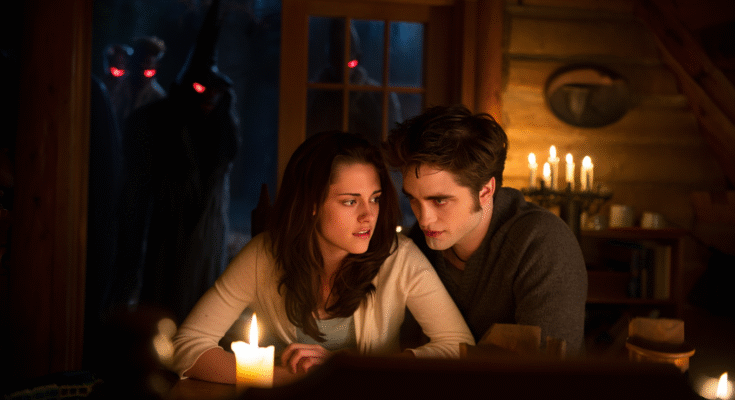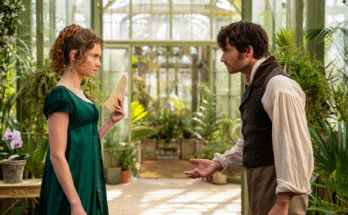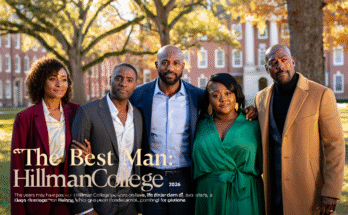It’s been more than a decade since Breaking Dawn – Part 2 seemingly closed the coffin lid on one of cinema’s most iconic supernatural sagas. Yet in 2025, The Twilight Saga 6: The New Chapter emerges from the shadows, carrying the weight of fan anticipation and the burden of revitalizing a cultural phenomenon that once defined a generation. This isn’t just a return — it’s a rebirth, a darker and more ambitious expansion of a world where love, power, and immortality collide.
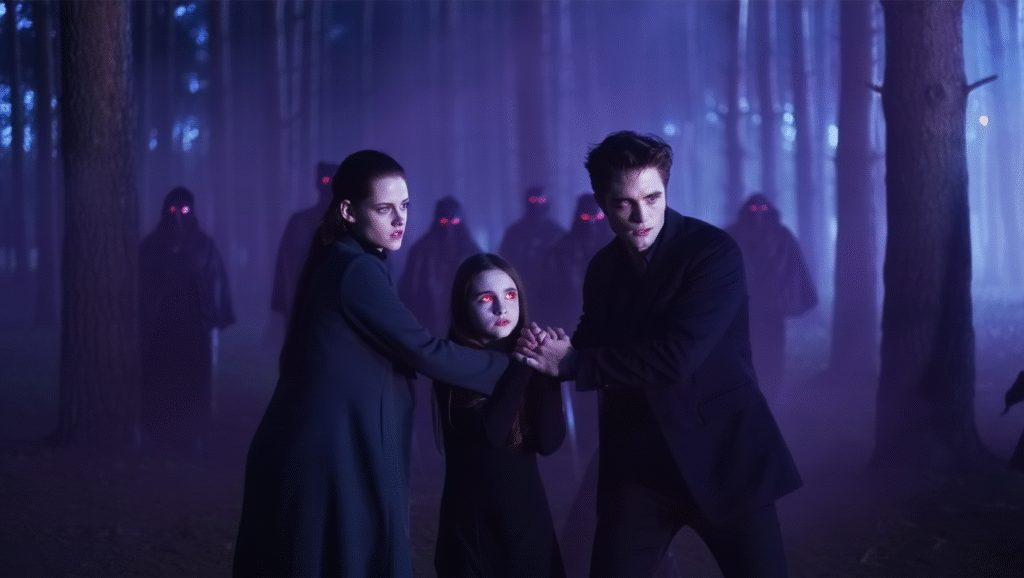
From the outset, the film makes its intentions clear: this is Twilight grown up. Gone are the softer edges of teenage romance; in their place is a story steeped in foreboding, myth, and existential dread. Bella and Edward, now anchored in their immortal lives, share the screen not as hesitant lovers but as rulers of a fragile peace. Kristen Stewart and Robert Pattinson, reuniting after years apart, bring a maturity and gravitas that enriches their characters with new depth.
At the center of this new chapter stands Renesmee Cullen, portrayed once more by Mackenzie Foy. No longer the ethereal child of Breaking Dawn, Renesmee has grown into a formidable presence. Her accelerated growth has reached its apex, leaving her as both an enigma and a fulcrum for the saga’s unfolding drama. Foy balances youthful vulnerability with an almost regal strength, making Renesmee the saga’s most compelling character yet.
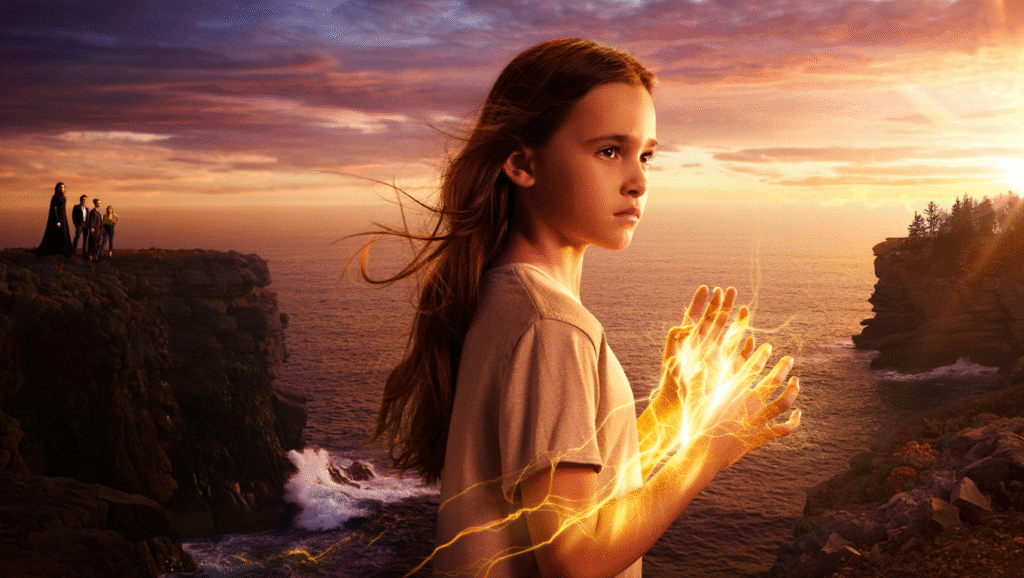
The narrative threads her destiny through both old rivalries and emerging threats. The Volturi’s lingering shadow stretches ominously across the storyline, but the script wisely avoids retreading old conflicts. Instead, new adversaries are introduced, drawn from previously untapped corners of vampire lore. Ancient covens and forgotten myths resurface, expanding the mythology in ways that feel both organic and exhilarating.
One of the most intriguing aspects is the tension between Renesmee’s dual heritage. As the daughter of vampire and human, she embodies the potential for evolution — or destruction. This makes her a target, an ally, and a threat all at once. The film leans heavily into this ambiguity, building a sense of inevitability as factions across the supernatural world stake their claim in her fate.
Visually, The New Chapter is sumptuous. Director Catherine Hardwicke, returning to the helm after launching the franchise in 2008, infuses the film with both the brooding mystique of the original and the grandiosity demanded by a saga in its sixth installment. Dark forests, stormy skies, and icy palaces replace the softer tones of Forks, creating a canvas that feels at once familiar and wholly new. The result is a film that honors its roots while boldly expanding its scope.
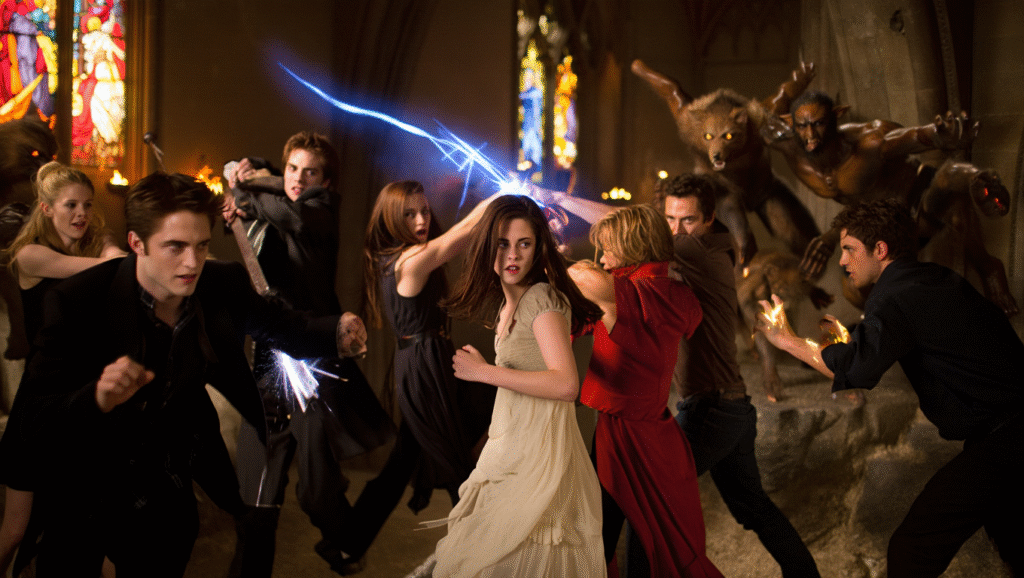
What truly elevates the movie, however, is its commitment to emotional resonance. Beneath the sweeping battles and gothic spectacle lies a story of legacy and love. Bella and Edward are no longer the focus of forbidden passion; they are now guardians, confronting the challenges of parenthood under supernatural stakes. Their relationship has evolved into something richer and more layered, providing moments of poignancy amidst the chaos.
The performances reflect this tonal shift. Stewart delivers a nuanced Bella who has grown into her power without losing her humanity, while Pattinson imbues Edward with quiet strength and a lingering melancholy. Foy commands the screen, her Renesmee equal parts beacon of hope and harbinger of change. Even the supporting cast — from the returning Cullens to unexpected allies — finds new dimensions to explore, preventing the film from collapsing under its own ambition.
Fans who grew up with Twilight will find themselves struck by the maturity of this installment. It still thrives on the push and pull between light and darkness, but now it frames those struggles in terms of legacy, identity, and the weight of choice. Where the early films spoke to youthful yearning, The New Chapter speaks to adulthood, responsibility, and the inevitability of change — a natural evolution for both characters and audience.
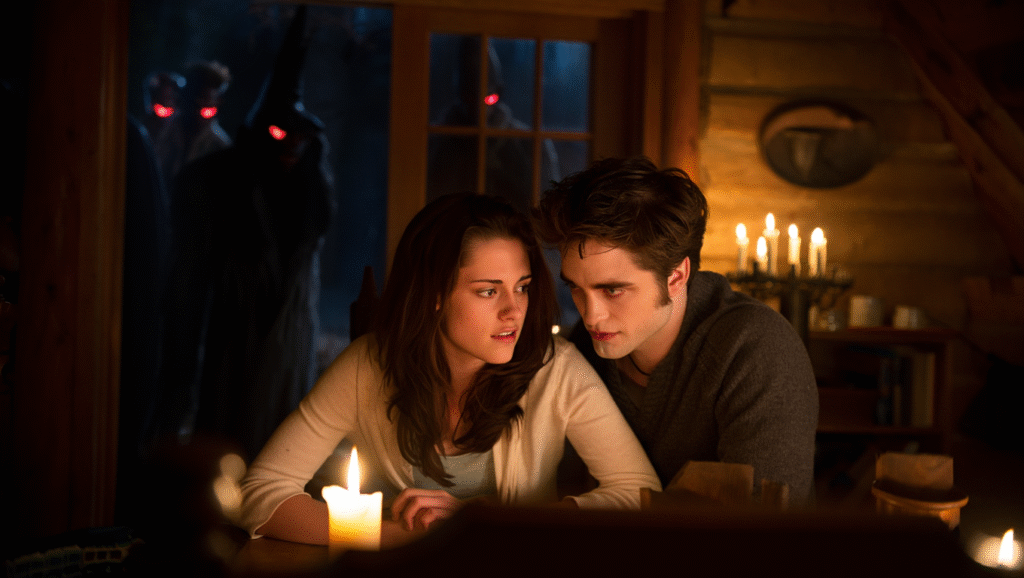
Inevitably, the film will divide audiences. For some, its somber tone and expanded mythology may feel too far removed from the star-crossed romance that first defined the series. For others, it will be precisely the revitalization they hoped for — proof that a saga dismissed by many critics has matured into something with lasting resonance.
By the end, The Twilight Saga: The New Chapter emerges as more than just a sequel. It is a statement of endurance, a testament to the enduring pull of myth and love, and a reminder that stories, like immortals, never truly die — they simply transform. For those willing to follow the Cullens into this new darkness, the journey is every bit as captivating as it was the first time we stepped into the rain-soaked forests of Forks. 🌙
